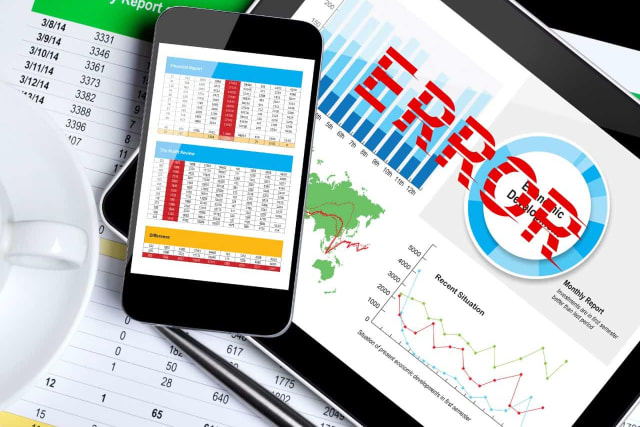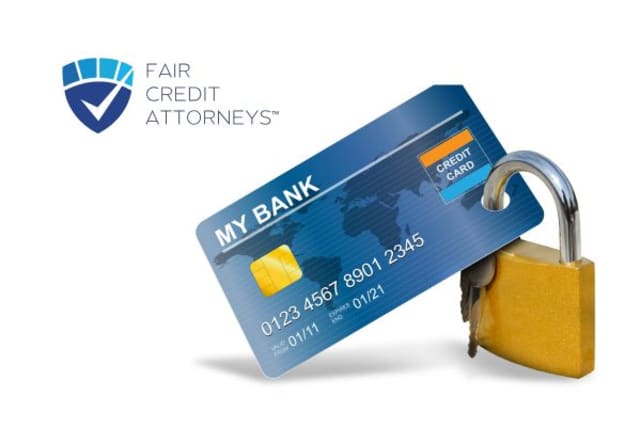Let me ask you something: Have you actually taken a close look at your credit report lately? You’d be surprised how often we see errors pop up. Maybe it’s an account that doesn’t belong to you, a payment marked late that you know you made on time, or outdated information that just won’t go away.
Even small mistakes can snowball into serious problems, like getting denied for a loan, paying more in interest, or missing out on a job.
If any of that sounds familiar or even if you just have a gut feeling something’s not right, we should talk. At Fair Credit Attorneys, we deal with this stuff every day. We know how to challenge inaccuracies and push back when your rights are violated.
Contact us for a free consultation, and let’s work together to clean up your credit report and protect your future.
Common Types of Credit Report Errors
Before we delve into specific examples, let’s take a look at the broad categories of credit report errors. Understanding these can help you spot potential issues in your own credit report.
Identity Errors
These are mistakes related to your personal information. While they may seem small, they can open the door to identity theft and cause major issues later on.
Account Status Errors
These errors involve incorrect reporting of your account statuses, such as open accounts shown as closed or vice versa.
Balance Errors
When your account balances are reported incorrectly, it can significantly impact your credit utilization ratio and, consequently, your credit score.
Data Management Errors
These occur when information is mixed up between different consumers or when outdated information is not removed from your report.
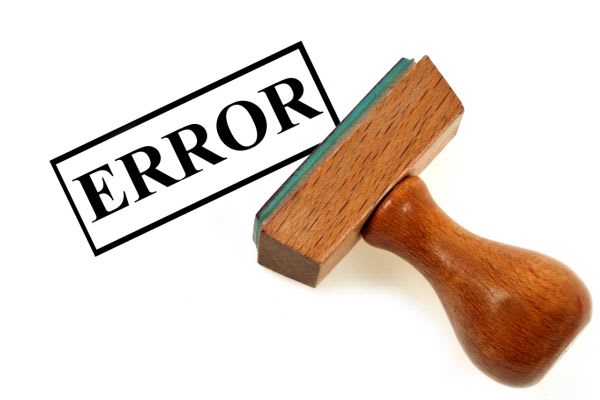
Specific Examples of Credit Report Errors
Now, let’s roll up our sleeves and look at some real-world examples of credit report errors. You might be surprised at how varied and sneaky these mistakes can be and how much they can affect your credit scores, credit activity, and overall financial health.
Incorrect Personal Information
Imagine opening your credit report and finding that your name is misspelled or your address is wrong. It might seem trivial, but these kinds of credit file errors can lead to confusion during a credit application or even result in denied loans. It’s important to verify that all consumer report details match your actual information
Mistaken Identity
Have you ever been confused with someone who has a similar name or Social Security number? It’s not just awkward at parties; it can happen on your credit report, too. Accounts that belong to someone else can accidentally appear on your credit record, often due to similar identifying details. If this happens, you’ll want to send a dispute letter to the credit issuer and credit bureau as soon as possible.
Outdated Account Information
Credit reports should be up-to-date, but sometimes they’re not. You might find old addresses, outdated employment information, or even accounts that should have fallen off your report years ago.
Duplicate Accounts
Sometimes, the same account appears twice on your report, which can make it seem like you have more credit card debt than you actually do. This can negatively impact your credit utilization ratio, a major factor in your overall credit score.
Incorrect Account Balances
Your credit card balance might be $500, but your credit report shows $5,000. Ouch! This type of error can seriously skew your credit utilization ratio and hurt your credit score.
Related: Common credit report errors
Closed Accounts Reported as Open
You paid off that loan and closed the account years ago, but it’s still showing as open on your credit report. This can confuse lenders and potentially impact your ability to get new credit.
Wrong Credit Limits
If your credit report shows a lower credit limit than you actually have, it can make your credit utilization ratio appear higher than it really is, potentially lowering your credit score.
Incorrect Payment History
Your payment information is one of the most important parts of your credit report. If it incorrectly shows missed or late payments even when you’ve been on time, it could severely damage your score. A credit report lawyer can help you challenge inaccurate payment information and guide you through the process
Fraudulent Accounts
Identity theft is a real concern. If someone opens an account in your name, it could show up on your credit report, causing all sorts of problems.
Mixed Credit Files
Sometimes, credit information from two people with similar names or social security numbers can get mixed together. Suddenly, you’re on the hook for someone else’s debt!
Fair Credit Attorneys can guide you through the credit dispute process, help you send the right dispute letters, and even take legal action if needed. Don’t let someone else’s mistake ruin your financial future. Contact us today for a free consultation.
Did You Know? 1 in 5 Americans have experienced mixed credit errors.
Impact of Credit Report Errors
Credit report errors can have serious consequences. Recognizing how these mistakes impact your finances is essential for protecting your rights and rebuilding your credit.
- Lower credit scores: Even a small mistake can drag down your score, making it harder to get approved for loans or credit cards.
- Higher interest rates: A lower score means lenders may see you as a risk, so you’ll pay more over time.
- Loan and credit denials: Errors can cause you to be turned down for financing when you need it most.
- Job opportunities at risk: Some employers check credit reports, and mistakes could hurt your chances.
- Trouble renting a home: Landlords often run credit checks, and errors might cause them to deny your application.
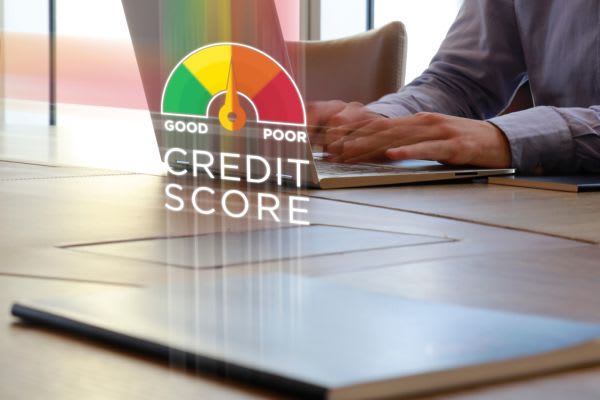
How to Identify Credit Report Errors
So, how do you spot these sneaky errors? The first step is to regularly check your credit reports. You’re entitled to one free credit report from each of the three major credit bureaus every year. Make it a habit to review these reports carefully.
Look for any accounts you don’t recognize, incorrect personal information, or discrepancies in account balances or payment histories. It’s like being a detective; you need to scrutinize every detail!
Steps to Correct Credit Report Errors
Found an error? Don’t panic, mistakes happen, and you have rights as a consumer. It is important to understand your rights under the Fair Credit Reporting Act (FCRA).
Here’s how to take action:
- Gather evidence: Collect any documents that prove the information is incorrect.
- Contact the credit bureau: File a dispute online, by phone, or by mail.
- Contact the information provider: If a creditor reported incorrect information, contact them directly as well.
- Follow up: The credit bureau has 30 days to investigate. Make sure to follow up and check that the error has been corrected.
Remember, fixing credit report errors is like weeding a garden; it takes time and effort, but the result is worth it.
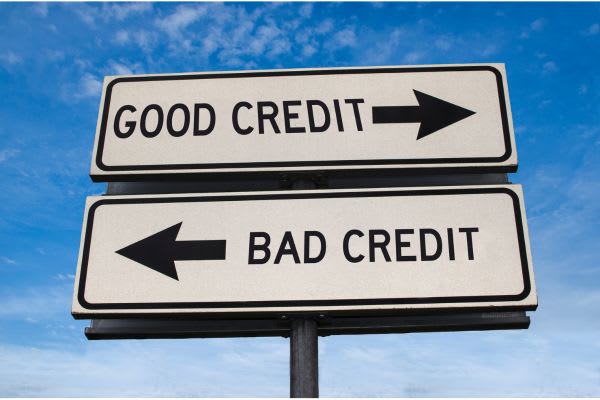
Preventing Future Credit Report Errors
While you can’t prevent all errors, there are steps you can take to minimize them:
- Regularly check your credit reports
- Keep good records of all your financial accounts
- Report any suspicions of identity theft immediately
- Be careful about sharing your personal information
FAQs
- How often should I check my credit report? It’s recommended to check your credit report at least once a year, but more frequent checks can help you catch errors early.
- Can credit report errors affect my job prospects? Yes, some employers check credit reports as part of the hiring process, so errors could potentially impact your job prospects.
- How long does it take to fix a credit report error? Credit bureaus have 30 days to investigate disputes, but complex issues may take longer to resolve completely.
- Will checking my credit report lower my credit score? No, checking your own credit report is considered a “soft inquiry” and does not affect your credit score.
- What if the credit bureau doesn’t correct an error after I’ve disputed it? If a credit bureau doesn’t resolve an error to your satisfaction, you can file a complaint with the Consumer Financial Protection Bureau or consider seeking legal advice.
Set the Record Straight — Starting Today
Credit report errors can do real damage, from hurting your credit score to costing you job offers or loan approvals. But you don’t have to deal with this on your own.
At Fair Credit Attorneys, we help clients fix inaccurate credit reports by reviewing the details, spotting mistakes, and handling disputes directly with the credit bureaus and companies involved.
Call us today at (866)381-6444. We offer free consultations and real solutions. Let’s get your credit back on track together.
